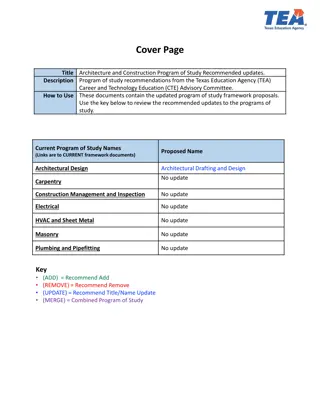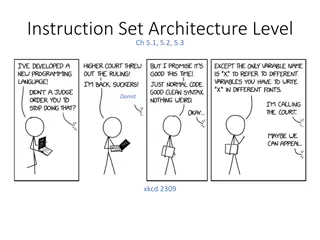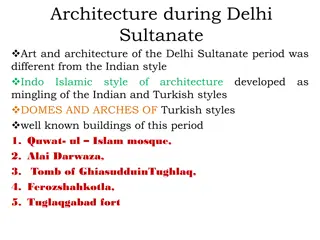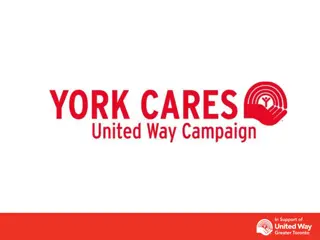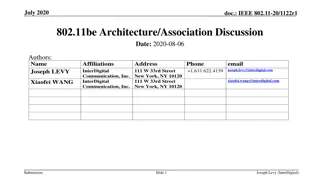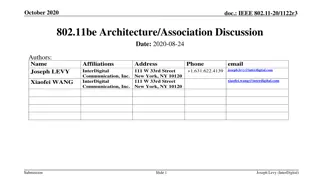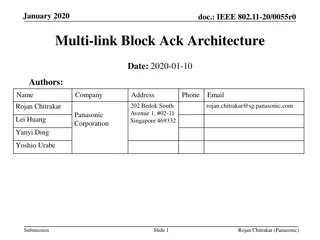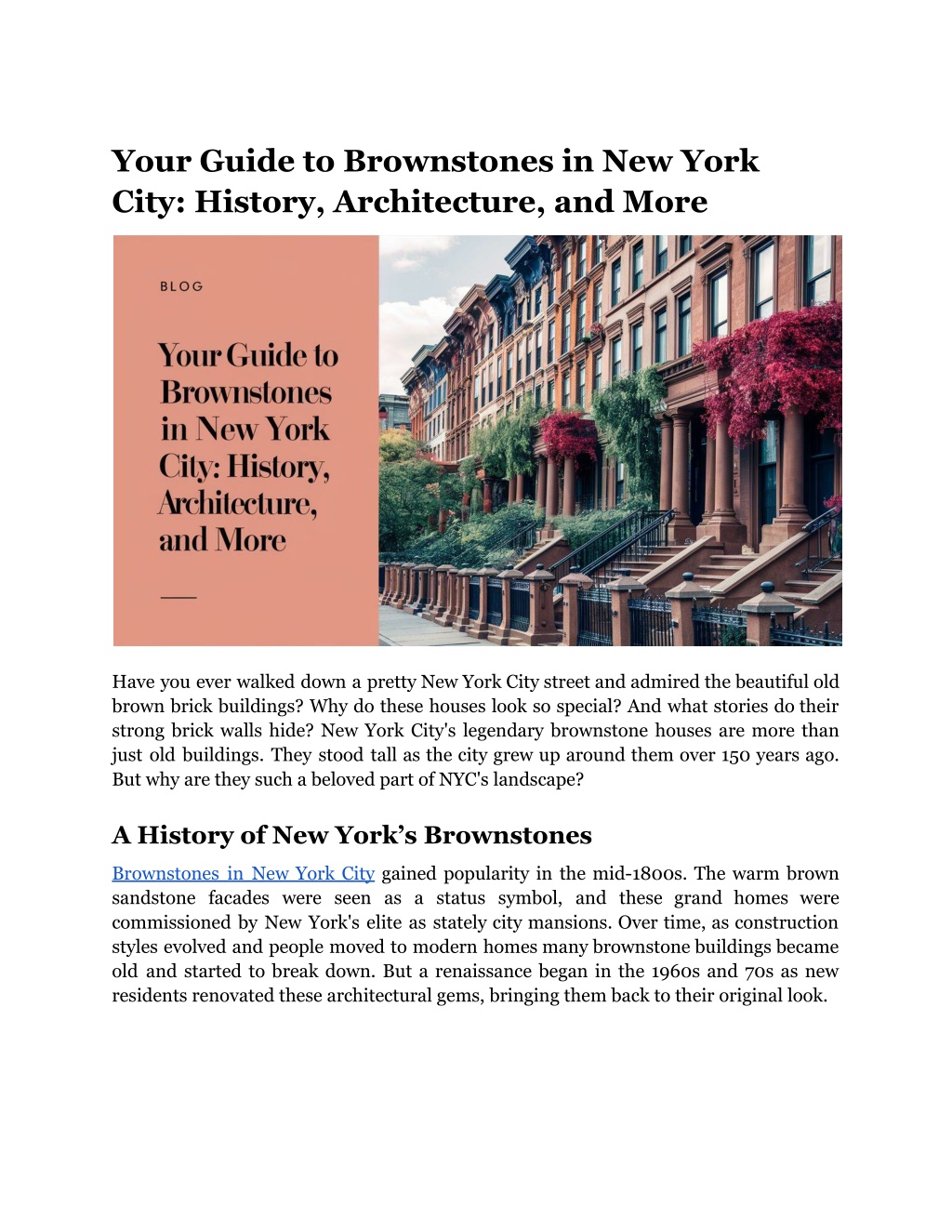
Your Guide to Brownstones in New York City_ History, Architecture, and More
Explore the charm of NYC brownstones. Learn about their rich history, unique architecture, and what makes them a standout in New York City real estate.n
Download Presentation

Please find below an Image/Link to download the presentation.
The content on the website is provided AS IS for your information and personal use only. It may not be sold, licensed, or shared on other websites without obtaining consent from the author. Download presentation by click this link. If you encounter any issues during the download, it is possible that the publisher has removed the file from their server.
E N D
Presentation Transcript
Your Guide to Brownstones in New York City: History, Architecture, and More Have you ever walked down a pretty New York City street and admired the beautiful old brown brick buildings? Why do these houses look so special? And what stories do their strong brick walls hide? New York City's legendary brownstone houses are more than just old buildings. They stood tall as the city grew up around them over 150 years ago. But why are they such a beloved part of NYC's landscape? A History of New York s Brownstones Brownstones in New York City gained popularity in the mid-1800s. The warm brown sandstone facades were seen as a status symbol, and these grand homes were commissioned by New York's elite as stately city mansions. Over time, as construction styles evolved and people moved to modern homes many brownstone buildings became old and started to break down. But a renaissance began in the 1960s and 70s as new residents renovated these architectural gems, bringing them back to their original look.
Distinctive Architectural Styles 19th-century classic brownstones are very popular real estate in New York City today. The large bay windows, intricately carved stone exteriors, and ornate ironwork are just a few of its exceptional features. The following are a few residential building types that are frequently seen in New York City: Brownstone Rowhouses Limestone Townhouses Brick Townhouses Read More Article: Dive Deep into the Tissot Seastar Collection Architectural Styles and Features The word "brownstone" is frequently used to refer to all row houses from this era, these famous homes reflect a wide range of architectural styles, and some of them are listed below: Greek Revival (1830s-1850s): Low-pitched roofs Columned entrances Simple, symmetrical facades Minimal ornamentation Italianate (1850s-1870s): Rounded or arched windows Decorative window lintels and sills Bracketed cornices Ornamental ironwork Anglo-Italianate (1860s-1880s): More ornate than Italianate Carved brownstone details Projecting bays and balconies Large doorways and cornices
Renaissance Revival (1870s-1890s): Rusticated stone facades Arched entrances and windows Classical motifs and carvings Roofline balustrades Romanesque Revival (1870s-1890s): Round-arched windows and entrances Rough-faced stonework Carved foliate and geometric patterns Towers and turrets Neo-Grec (1870s-1890s): Flat, incised ornamental details Geometric patterns and motifs Angular forms and squared shapes Minimal curvature or arches Cost Factors for Brownstones for Sale in New York City Buyers need truly deep pockets as brownstones can easily top $5 million or more. But even at a high cost, demand remains high due to their unique charms, prime locations, and stellar investment potential as values continue appreciating. Here are the costs of purchasing and owning a brownstone in NYC: Purchase Costs The median sale price for a brownstone in Brooklyn is around $2 million In prime Brooklyn neighborhoods like Brooklyn Heights, and Park Slope, prices can exceed $5-10 million Manhattan brownstone prices are even higher, often $10 million+ A 20% down payment is typical, so $400,000+ down for a $2M property Competitive bidding wars are common, driving prices up Renovation Costs Most brownstones need some level of renovation when purchased
Costs can range from $500,000 on the low end to over $1 million for a full gut renovation Replacing key systems like plumbing, electric, and HVAC runs $100,000+ Renovating while preserving historic details is specialized and expensive Working with preservation architects/expediters adds significant fees Maintenance Costs Annual maintenance costs average $15,000 - $30,000+ Repairing 100+ year old materials like brick, and woodwork is very costly Repointing exterior brickwork alone can cost $20,000 or more Heating/cooling an old, drafty home with modern systems is expensive Landscaping, window maintenance, and roof repairs add lots of recurring costs Other Costs Property taxes in NYC are quite high, $15,000 - $50,000+ annually Homeowners insurance is higher for older, larger brownstones Potentially expensive LPC approval process for any exterior work Affordable Brownstone Opportunities People with average budgets can still buy a brownstone townhouse. In neighborhoods like Crown Heights, Bed-Stuy, Harlem, and parts of the Bronx, you can find charming old brownstone homes at lower prices compared to expensive areas. These houses may need renovations, but buyers allow you to own a classic brownstone. The Special Brownstone Experience Here's what makes brownstone living so special: Close Neighborhood Bond Brownstones are clustered close together on tree-lined streets in compact city neighborhoods. This creates very close-knit communities where neighbors know and look out for each other well. On many brownstone blocks, you'll find families that have lived next door for generations. Neighborhood traditions like stoop sales, block parties, and evening walks help bring people together. There's a strong sense of community pride and closeness. For owners, their block becomes an extension of their home.
Spacious City Living While offering a city experience, brownstones provide much more living space than typical apartments or condos. With 3-4 floors, multiple bedrooms, and large living areas, these tall homes allow comfortable family living right in the city. Their traditional layout with formal parlors, high ceilings, big windows, and clever nooks also creates great flow and functionality. You get urban convenience combined with the spaciousness and privacy often lacking elsewhere. Read More Article: What Is The Best Tissot Watch For Everyday Use? A Peaceful Urban Oasis Despite being densely packed, brownstone neighborhoods feel like peaceful oases. Trees, stoops, planters, and gardens create a green, calm atmosphere. On warm days, brownstone stoops are occupied by long-time neighbors chatting and watching children play. Owners enjoy a walkable, low-maintenance lifestyle surrounded by greenery and a community with shops, parks, and restaurants a short walk away. Historic Style, Modern Living While keeping their 19th-century character, many owners update their vintage spaces with contemporary design and amenities. Owners may restore original woodwork and fireplaces while opening up floor plans for an airier feel. Finished basements get transformed into media rooms or home offices. Vintage details like stained glass, wainscoting, and crown moldings are preserved and complemented by modern lighting, and furniture. Some even add extensions at the rear or build out the top floor to increase square footage. Best Real Estate Agents NYC These buildings are more than simply structures; they are the observers of the city's dynamic environment. They serve as a reminder to treasure the past and get the one dreamy brownstone. The Boland Team NYC not only helps you buy a property but also assists you in investing in a piece of New York City's heritage. Let us guide you through the process, from exploring historic neighborhoods to discovering the perfect brownstone that feels like home.
Site Article: Your Guide to Brownstones in New York City: History, Architecture, and More













